
A gender bias persists in the online news media, which runs more stories focused on men and quotes fewer women experts, according to a study released Thursday by the Shanghai Academy of Social Sciences (SASS).
The study found that news websites prominently feature more stories about men than women. In an examination of the news portal 163.com from October to November 2011, researchers found that stories focused on female public figures accounted for 16 percent of the stories published on the site's home page. By comparison, stories focused on male public figures made up 28 percent of the total.
On the news portal ifeng.com, stories about women accounted for 14 percent of the stories on its home page. By comparison, stories about men made up 32 percent.
The study also determined that female experts were far less visible than male experts. Researchers found that 36 percent of the news reports on 163.com contained quotes primarily from men, while stories that mostly featured female sources made up 7 percent of the total.
On qq.com, women were primarily quoted in 6 percent of the stories on the site's home page. By comparison, men were primarily quoted in 29 percent.
"This is because in the real world, most of the politicians, leaders and spokespeople are male," said Chen Yaya, a research fellow at SASS's Institute of Literature who worked on the study. "The media is just reflecting that reality."
The study concluded that the media continues to show public life as being dominated by men, who appear more authoritative than women. Most women in the news stories played the role of witnesses or members of the general public sharing their personal experiences.
The study also concluded that the media continue to perpetuate stereotypes about women. Researchers found that about 33 percent of the news items on the home page of 163.com perpetuated female stereotypes, while only 3 percent challenged them.
A lot of women work in the news media, but their numbers dwindle as one goes up the corporate ladder, much like in other industries. At one online media company mentioned in the study, women made up 76 percent of the staff, but only 33 percent of the managers.
"It is always good to promote public awareness about gender equality and fight gender stereotypes, especially in an era when ideas and opinions can be spread at an unprecedented speed," said Ma Leijun, an official from the United Nations Entity for Gender Equality and the Empowerment of Women, who oversaw the study.
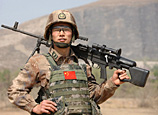

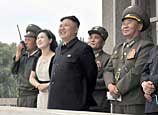
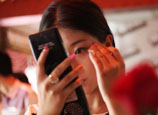
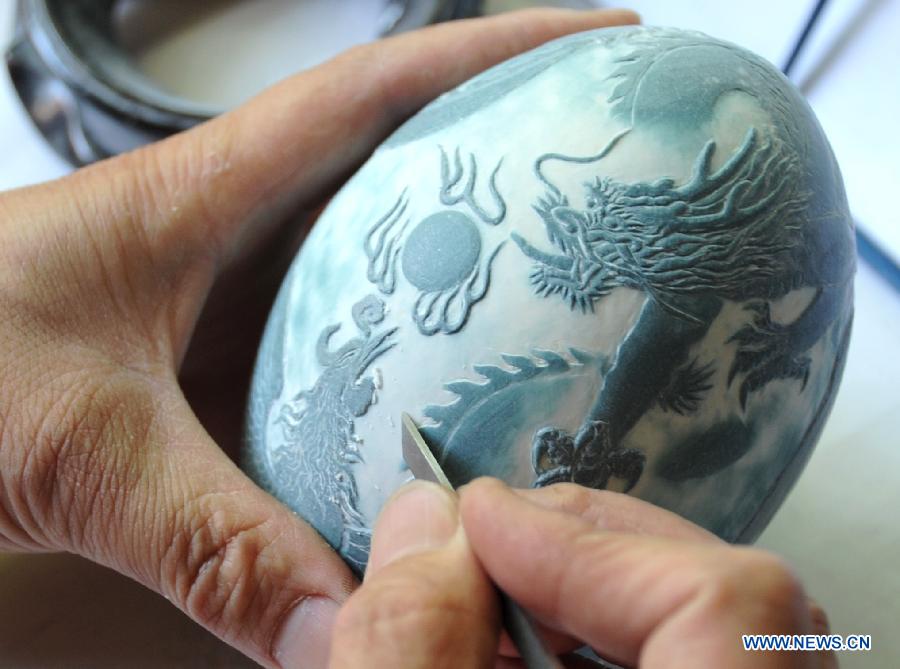




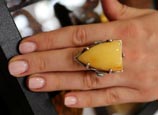






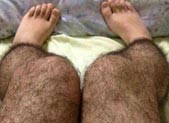 Shocking! Hairy stocking to beat sex harassment
Shocking! Hairy stocking to beat sex harassment


![]()
